A co-culturing platform of macrophages and organoids demonstrates varying organoid cytotoxic effects depending on the ratio of M1 macrophages to M2 macrophages.
Optimal cell death effects are established by co-culturing different ratios of functionally diverse immune cells.
This enables the identification of optimal conditions for co-culturing various immune cells, facilitating the selection of an appropriate platform for drug testing.
*Please login to see the price


Macrophage
Colorectal cancer organoids accurately replicate the complexities of patient tumors, including heterogeneity,
genetic traits, and tissue structure.
These organoids serve as a versatile platform for drug testing, allowing the evaluation of drug responses and sensitivity.
Additionally, they facilitate personalized disease modeling using patient-specific samples, contributing to biomarker identification for prognosis and treatment response.
NSCLC organoids, reflecting the heterogeneity and genetic features of patient tumors, provide a versatile platform for in-depth cancer research.
These organoids faithfully mimic the tissue architecture of NSCLC, facilitating the study of tumor dynamics, invasion patterns, and drug responses.
Their patient-specific modeling capability allows personalized exploration of treatment outcomes.

The co-culture drug evaluation solution with macrophages, T cells, and cancer organoids allows for the simultaneous observation of the phagocytic activity of macrophages and the cytotoxic ability of T cells.
Co-culturing with both M1 and M2 macrophages is possible, mimicking the role of macrophages observed in actual cancer tissues.

By utilizing patient-derived tumor organoids and T cells, macrophages, this is a new evaluation solution with mechanisms involving two or more immune cells.
Generally, M1 macrophages are known to be associated with tumor growth suppression and M2 macrophages are known to be associated with tumor growth promotion. To perform different functions, they have different immune markers, metabolic characteristics and gene profiles.
In vivo, proper balance of differentiation into M1 and M2 macrophages is required to elicit an immune response against tumors.
For the development of a new drug evaluation solution, we conducted efficacy evaluations of drugs and antibodies on co-cultures of M1 macrophages, M2 macrophages and tumor organoids. After conducting the efficacy evaluation, growth rates and mortality were measured to establish optimal co-culture conditions

To enable efficient testing, we have developed an evaluation solution utilizing macrophages derived from pluripotent stem cells. Ultimately, we have created an optimal co-culture model with macrophages derived from pluripotent stem cells, T cells and tumor organoids. By testing various drug conditions on this model, we confirmed high drug response rates. We have selected these rates as evaluation criteria for immuno-oncology drugs.
I suggest challenging more advanced research through this new evaluation solution involving multiple immune cells. It could be a more effective strategy for your research.


Lambda Biologics GmbH
Deutscher Pl. 5c, 04103 Leipzig, Germany